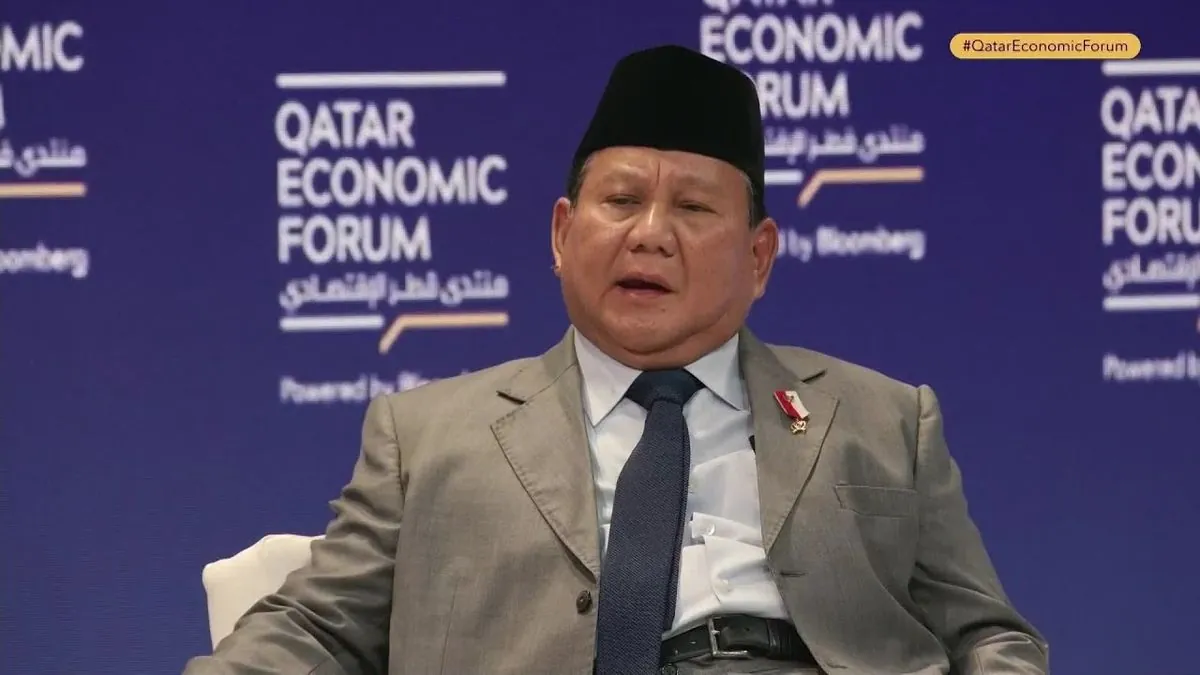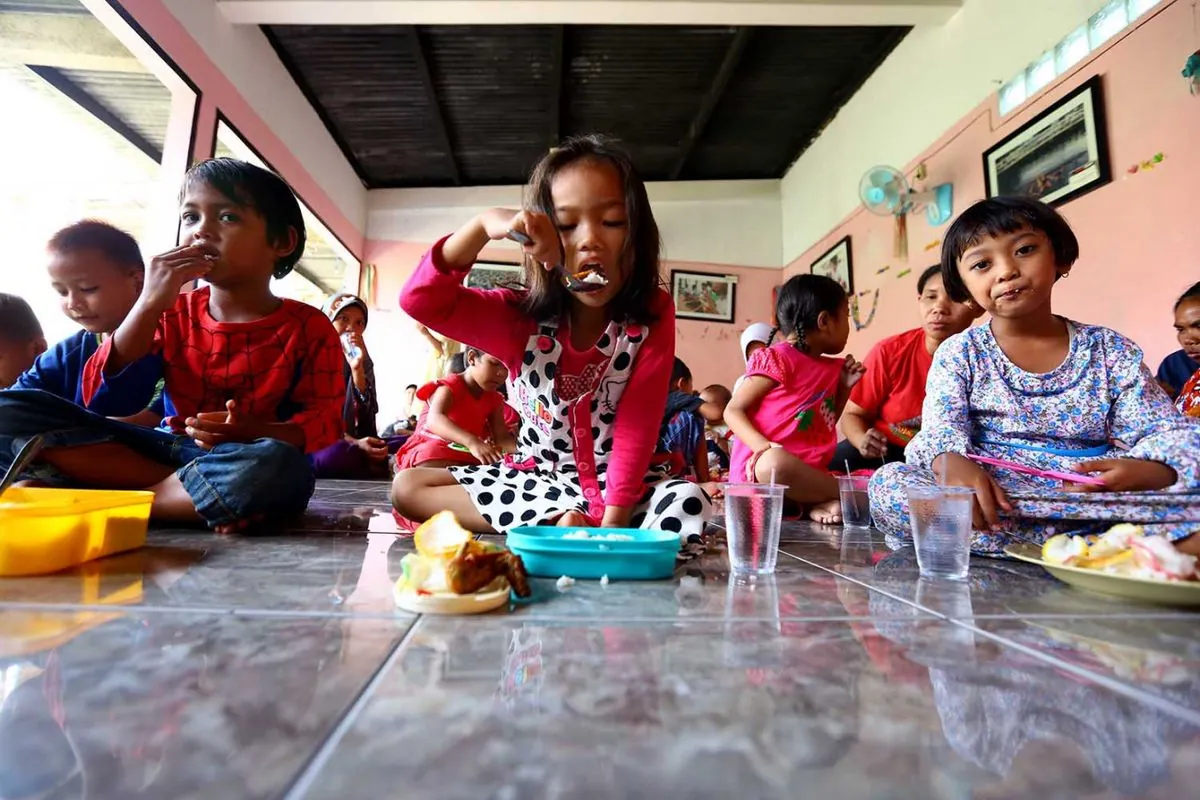Indonesia's New Leader Pledges Fiscal Prudence and Foreign Investment Push
President-elect Prabowo Subianto plans to maintain 2025 budget levels, funding key programs within fiscal limits. The incoming administration signals openness to foreign investment to drive economic growth.

Indonesia's President-elect Prabowo Subianto is set to maintain the approved 2025 budget spending levels, addressing investor concerns about fiscal prudence. This decision comes as the world's largest archipelagic state, comprising over 17,000 islands, prepares for a leadership transition.
Thomas Djiwandono, the newly appointed deputy finance minister and Prabowo's nephew, confirmed that the 2025 budget will fund key election pledges within fiscal constraints. The budget, recently passed by the People's Representative Council (DPR), allocates 3,621 trillion rupiah ($239 billion) for spending, a 6% increase from the current year.
Indonesia, boasting the largest economy in Southeast Asia and the world's fourth-largest population, has set a budget deficit target of 2.53% of GDP for 2025. This figure represents a decrease from the estimated 2.70% in 2024 and remains well below the 3% legal limit.
The 2025 budget includes significant allocations for social programs:
- 71 trillion rupiah for school meals benefiting 20 million students
- 15 trillion rupiah to enhance production of staple foods like rice and sugar
These initiatives align with Indonesia's efforts to address malnutrition and bolster food security, crucial steps for a nation with a rapidly growing middle class and ambitious economic goals.

Djiwandono hinted at the potential expansion of these programs in future years, particularly the school meals initiative. The long-term vision aims to extend coverage to over 80 million children and pregnant women across the archipelago, with an estimated annual cost of 450 trillion rupiah.
As Indonesia prepares for Prabowo's inauguration on October 20, 2024, the incoming administration is signaling a strong commitment to economic growth and foreign investment. Prabowo has set an ambitious target of 8% economic growth during his five-year term, a significant increase from the current 5%.
Djiwandono emphasized the new government's openness to foreign investment, stating:
"We have to provide new jobs, whether in the digital sector or energy transition. These are all the things that should bring in capital, because we need the capital and that will provide the growth."
This approach aligns with Indonesia's status as a newly industrialized country and its goal to become one of the world's top 10 economies by 2030. The country's rich natural resources, growing tech startup ecosystem, and large young population provide a strong foundation for economic development.
One area of focus for foreign investment is public-private partnerships in infrastructure management, particularly for airports and seaports. This strategy could help address Indonesia's infrastructure challenges, especially in rural and remote areas.
As Indonesia navigates this transition, it faces the task of balancing fiscal prudence with ambitious development goals. The country's diverse cultural heritage, comprising over 300 ethnic groups and 700 languages, adds complexity to governance and policy implementation.
The incoming administration's commitment to maintaining fiscal discipline while pursuing growth-oriented policies reflects Indonesia's evolving economic landscape. As the nation continues its journey of decentralization and economic transformation, the world watches with interest to see how Prabowo's leadership will shape the future of this dynamic Southeast Asian powerhouse.


































